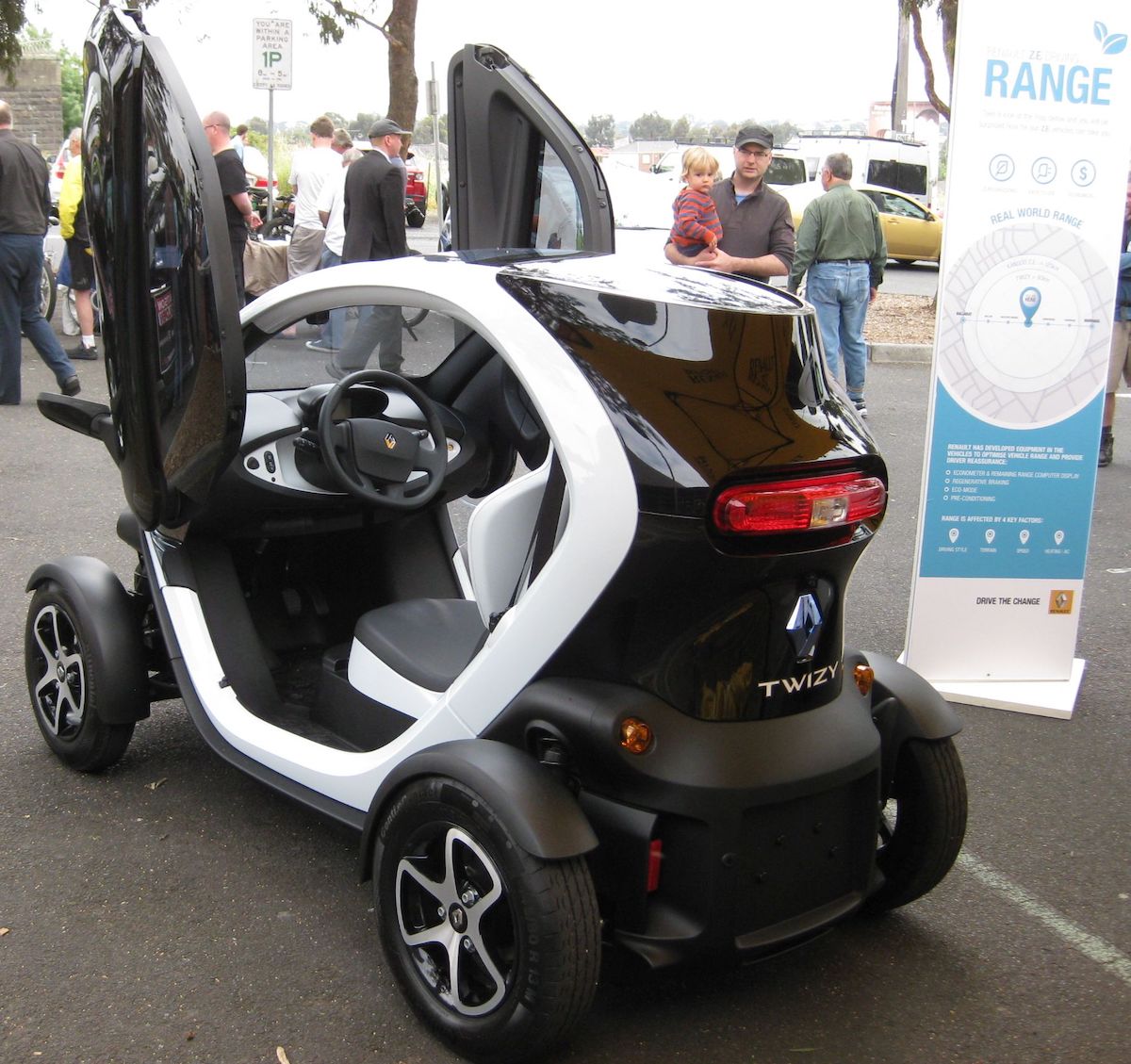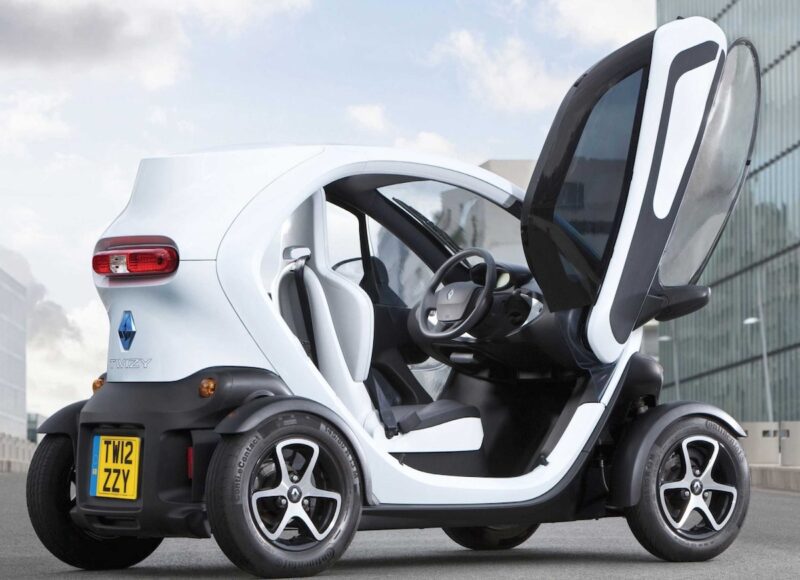Dear Bryce,
I am interested in buying someone’s throwaway. A small BEV for two people plus a bit of shopping, with a maximum remaining range of, say, 100 km, would do. As a minimum, at 70 km I could make Croydon return (just) or Ferntree Gully. Most times if we have to go somewhere we drive to Lilydale (46 km return) and take a train. The overwhelming number of drives is to the shops, say 5 km return. Are you aware of such a thing?
Thanks,
Bob
Hi Bob – great question! By the way, I am assuming from your comment of ‘someone’s throwaway’ that the possible vehicle also needs to be cheap.
Going by your location and a quick look at Plugshare and A Better Route Planner, your estimate of a minimum 100km range for a BEV (full-battery electric vehicle) suitable for your needs sounds ‘on the money’.
You always need a buffer for the odd hill, roadwork detour or really cold day needing the heater – so a maximum 70km range EV would be too short for your longer runs without inducing an unpleasant state of ‘range anxiety’ in a region that is both hilly and has few public DC or AC charging options.
Unfortunately, putting your range, size and price criteria together – the short answer is no, there isn’t one available in Australia!
By the way, you are not alone in wanting that sort of BEV. Many people are not enamoured with today’s fad for big SUVs and don’t see the point of paying for a big, load carrying tow car capable of long distances – which seem to make up the majority of car offerings (ICE or BEV) these days.
Most of us just need a local to nearby regional driving capable car that does not need to be capable of driving Melbourne to Perth at the drop of a hat.
However, the related question of ‘Why is there no such vehicle available?’ is rather more complicated.
That answer comes in several parts:
Early models
The earliest BEVs to arrive here in 2011/12 (the Mitsubishi iMiEV and the Nissan ZE0 Leaf) had real-world driving ranges not a lot longer than your criterion (110 km for an iMiEV and 130 km for a Leaf) – and one of those would have met your range and price considerations…. if they still had their original range.
However, EV battery capacity does decline with age and (as I wrote here) early Leafs declining faster than later models. This means the remaining range would be in the vicinity of 50 to 80 km for a Leaf and perhaps 70 for an iMiEV.
Neither of these with an original battery would therefore be capable of your needs. Either with a replaced battery would do so (especially an iMiEV with the longer range aftermarket one) but they would then be pushing near or over $30k and out of your implied price range.
Not many second hand EVs
In both numbers and options, there are very few second-hand BEVs available in Australia. Together, there are probably less than a thousand Australian delivered ZE0 Leafs and iMiEVs in Australia and new BEV sales effectively ended here in 2012.
From then till 2017 we only saw the premium brand BMW i3 and Tesla Model S arrive – and neither would fit into your likely budget!
Finally, in 2017 we saw full battery EVs from the mainstream manufacturers return to Australia: first with the 40kWh battery Renault Zoe and in 2018 the 28 kWh Hyundai Ioniq. Both of these would comfortably meet your range needs (and the Zoe your size needs).
However, only around 100 Zoes ever came here (making them hard to find) and not long after the Ioniq BEV arrived it was upgraded to a 38 kWh battery with higher prices.
In addition, BEVs are still – with the exception of Tesla – only arriving here in dribs and drabs, meaning the scarcity of second-hand BEVs in Australia is pushing up second-hand prices. This means even IF a Zoe or 28kWh Ioniq pops up, it still commands a price of between $35,000 to $40,000 … or more.
Not enough choice
The cheap, lower range EVs available overseas are not allowed on our roads. (The most well-known examples being the Renault Twizy and Citroen Ami).
Instead, these vehicles fall into the registration class known as ‘heavy quadricycle’ in Europe, or ‘urban vehicle’ in the USA. In Europe and other jurisdictions, ‘quadricycle’ is a category falling between ‘motorcycle’ and ‘passenger vehicle’ with different crash test and safety requirements to either.
As Australia does not recognise the category, quadricycles must meet full passenger vehicle requirements.


As quadricycles to greater or lesser degrees don’t meet these (the Renault Twizy did by the way score three stars in Euro NCAP testing), they cannot be registered for use on Australian roads.
An interesting side note here is that some years ago Renault brought in a couple of Twizys for evaluation and demonstration to Australian roads authorities, but failed to have the ban on the category overturned.
As a result, this category of small, cheap, lower driving range BEVs is unavailable here – exacerbating the BEV shortage …. and annoying many retirees I speak to in my EV presentations who consider such an option would be ideal for local urban or regional city/town needs.
All-up, Australia is still in a frustrating stage of the EV Transition due to a combination of:
- Previous government inaction on EVs (resulting in few second-hand ones to buy – which is where the majority of private buyers get their cars);
- Manufacturer decisions (to bring in only their higher profit big and SUV style EVs) and
- Australian road regulations (preventing the category of quadricycle)
We have few second-hand ones, don’t see smaller passenger BEVs brought here and cannot buy ones in the smallest urban vehicle/quadricycle category.
However, with the influx expected of cheaper EVs later this year – perhaps Bob it might be worth revisiting the issue early in 2024 to see if second-hand prices for a Zoe, 28kWh Ioniq (or even an early BMW i3!) have fallen enough for you to return to the idea. If you do, I would also suggest referring to my article here on inspecting and testing a second-hand EV.
Do you have a question? Please send to [email protected]

Bryce Gaton is an expert on electric vehicles and contributor for The Driven and Renew Economy. He has been working in the EV sector since 2008 and is currently working as EV electrical safety trainer/supervisor for the University of Melbourne. He also provides support for the EV Transition to business, government and the public through his EV Transition consultancy EVchoice.

